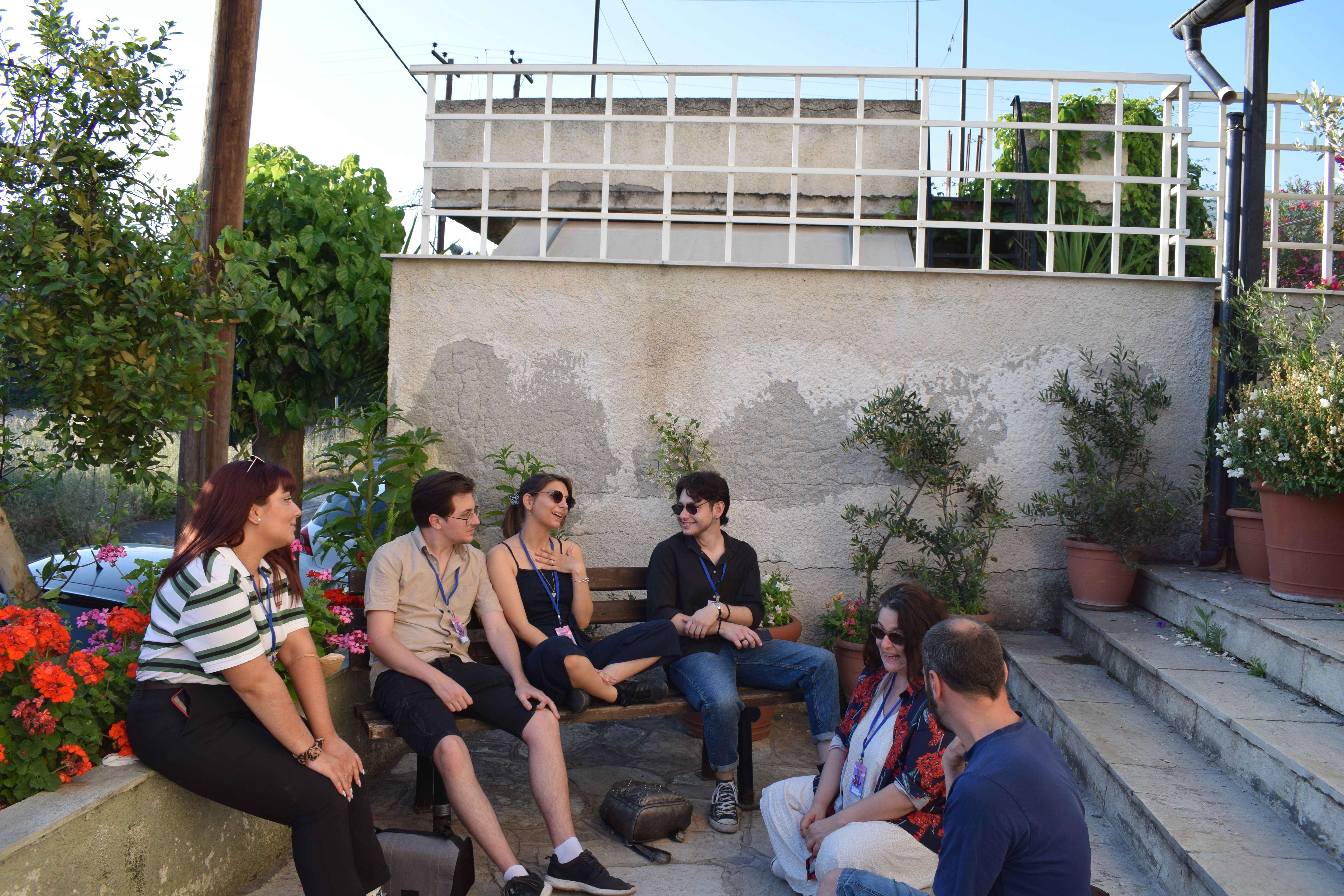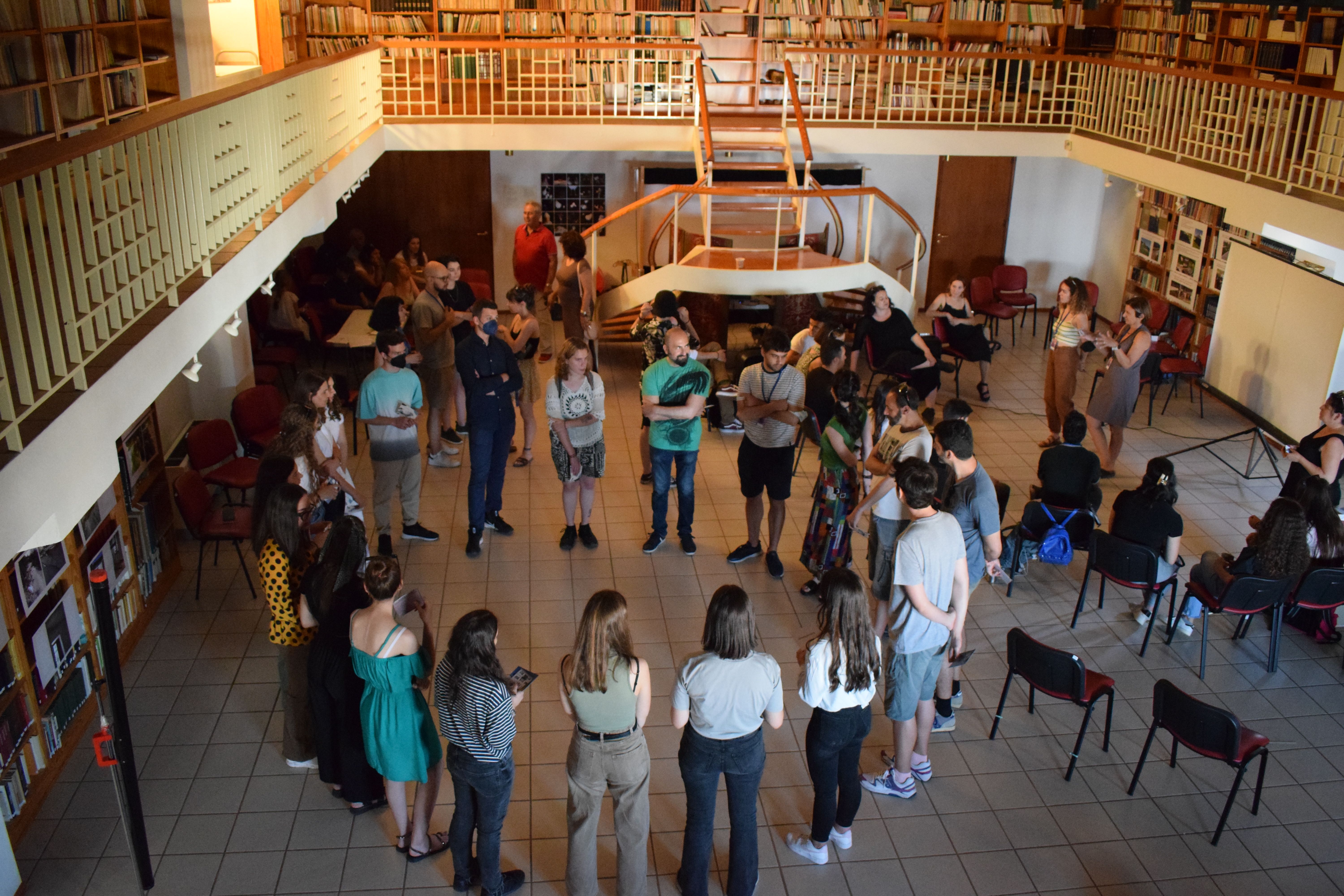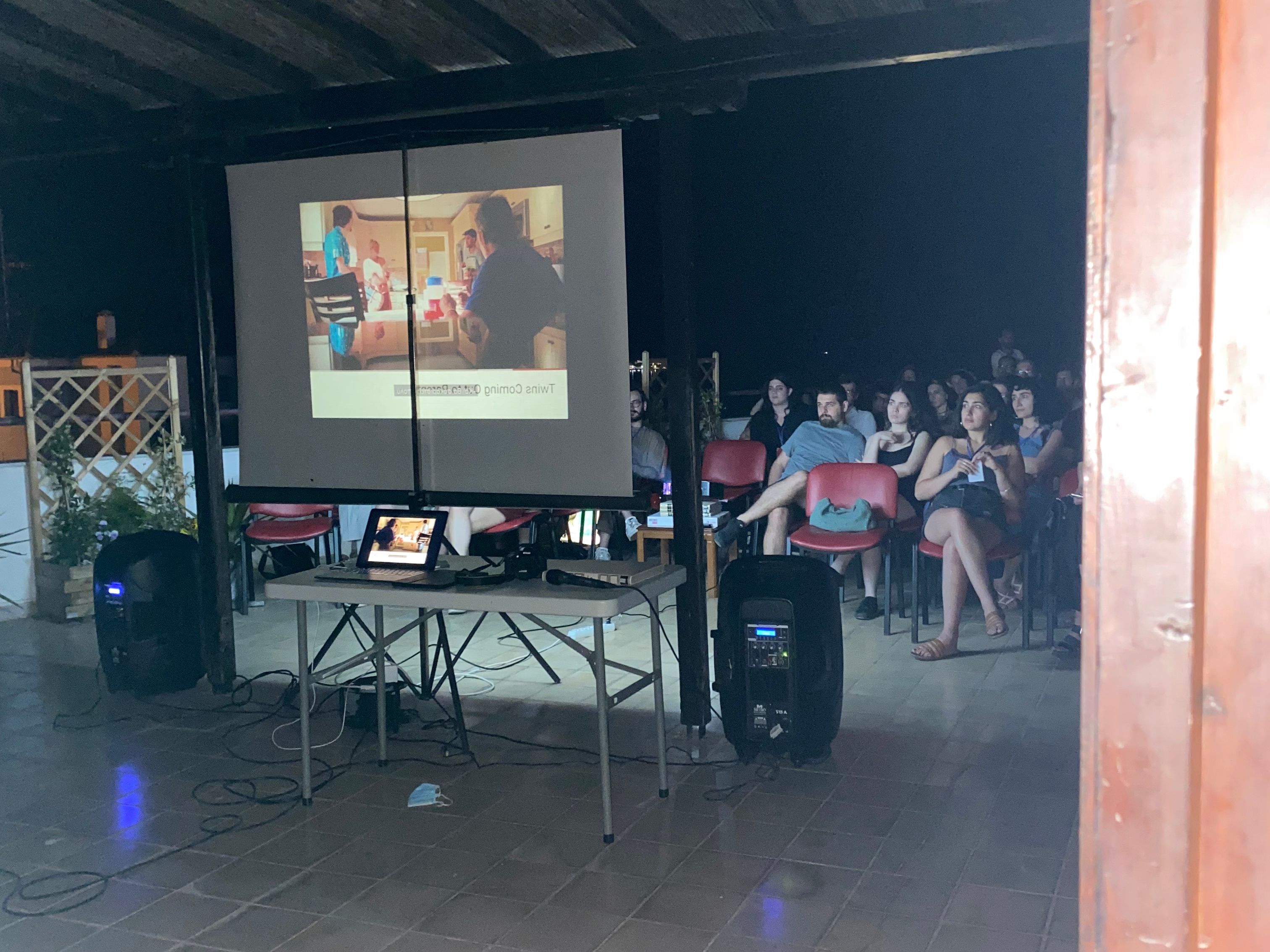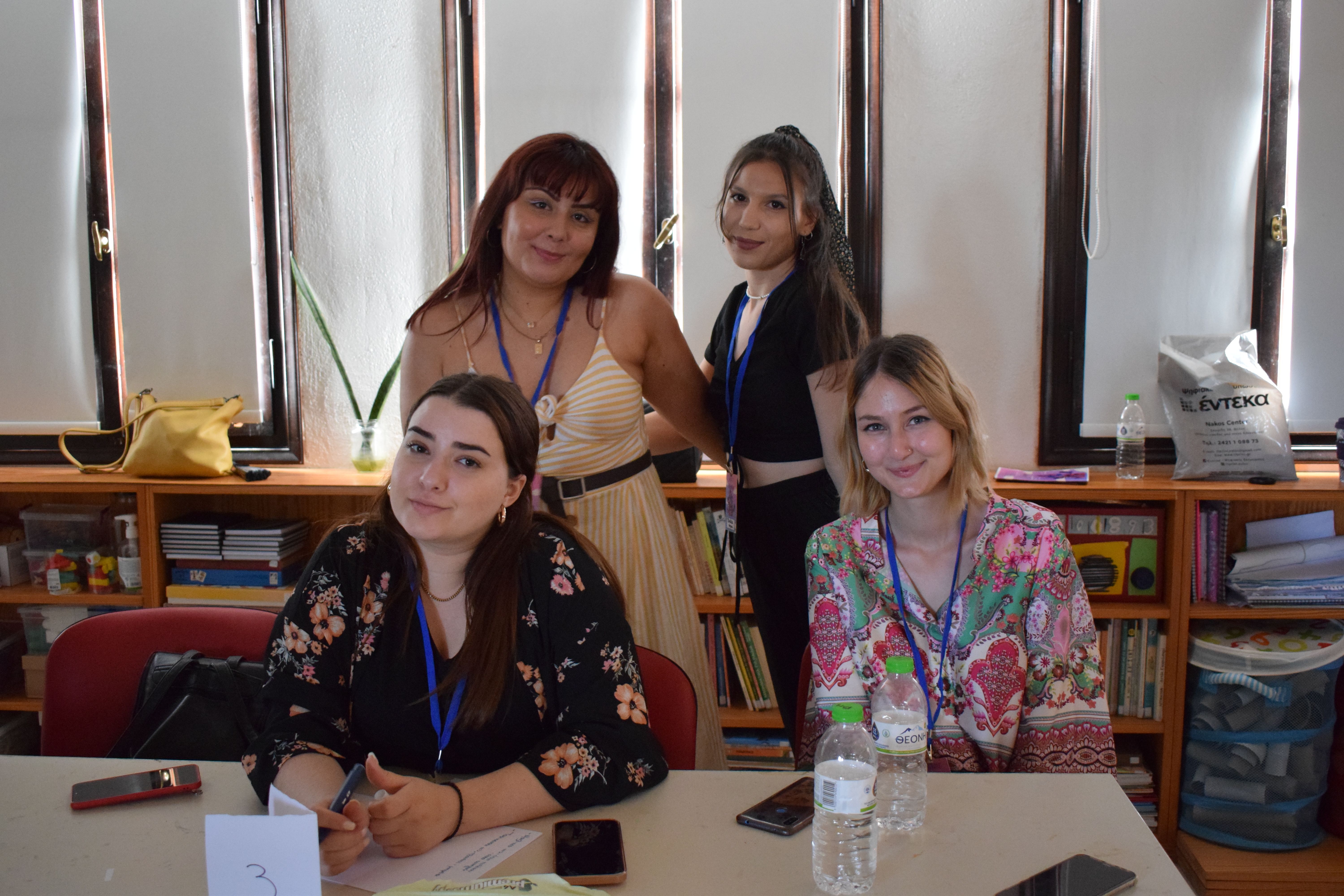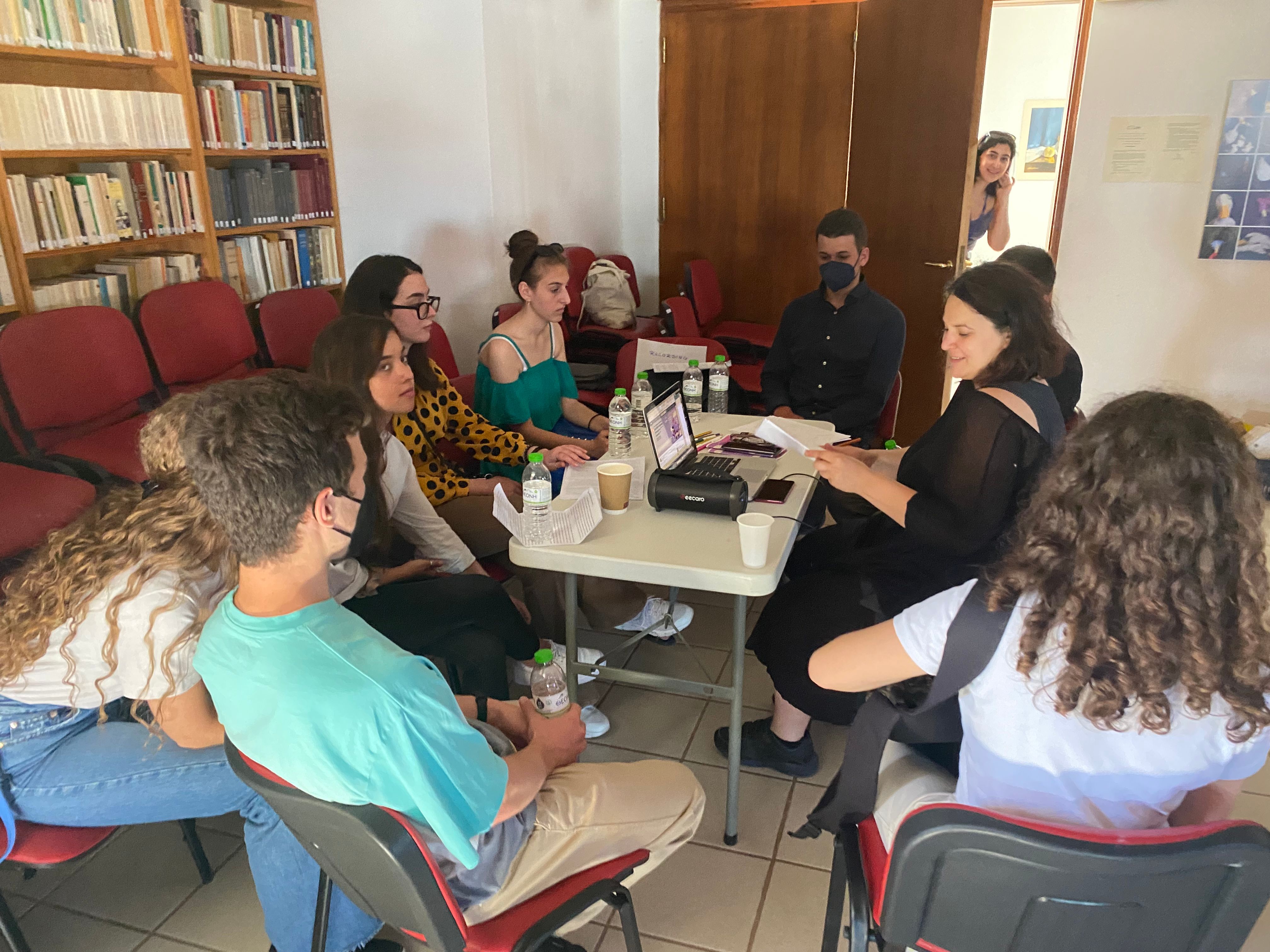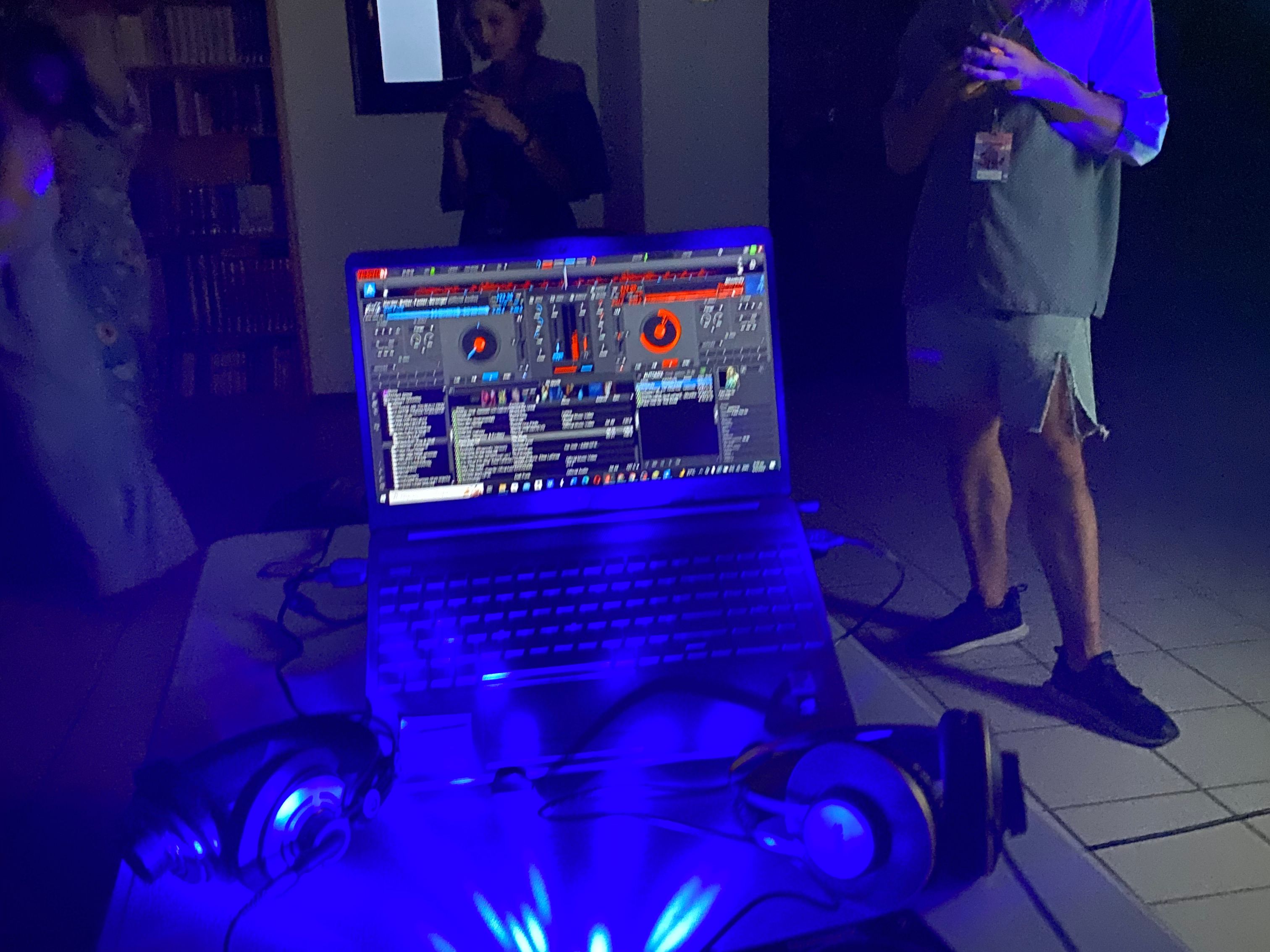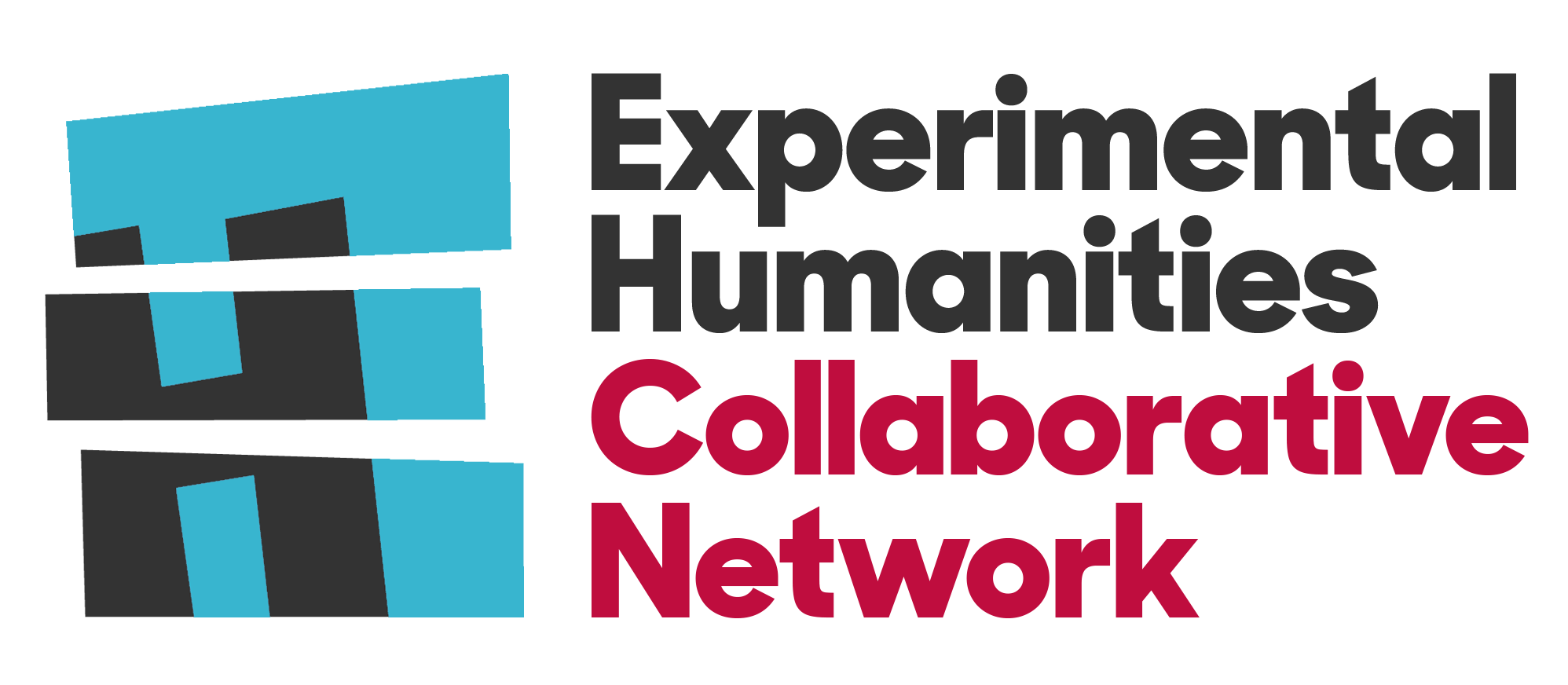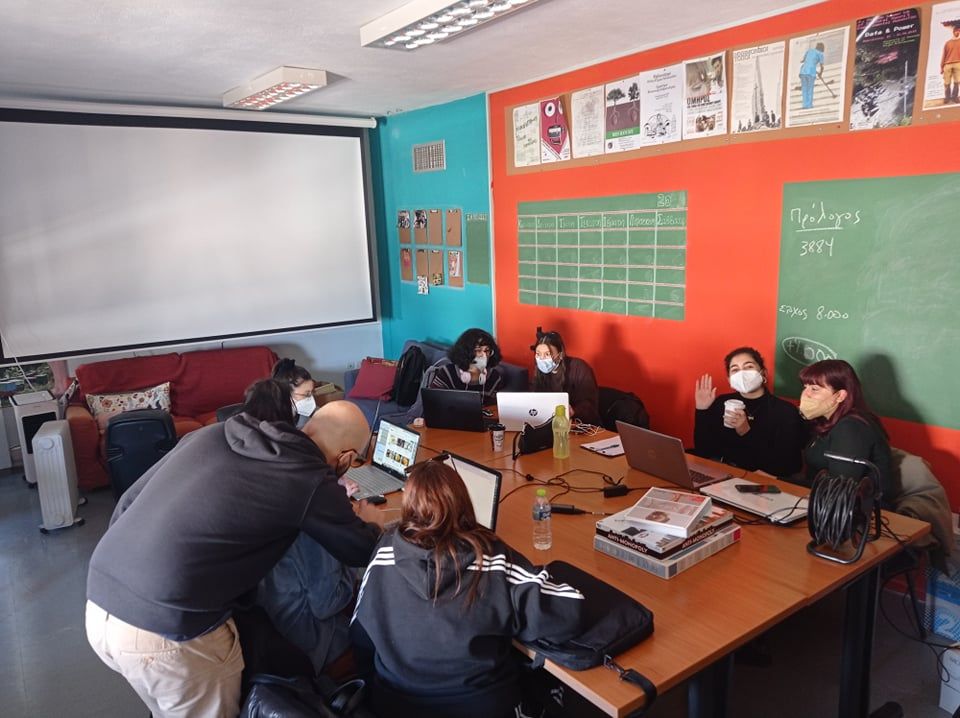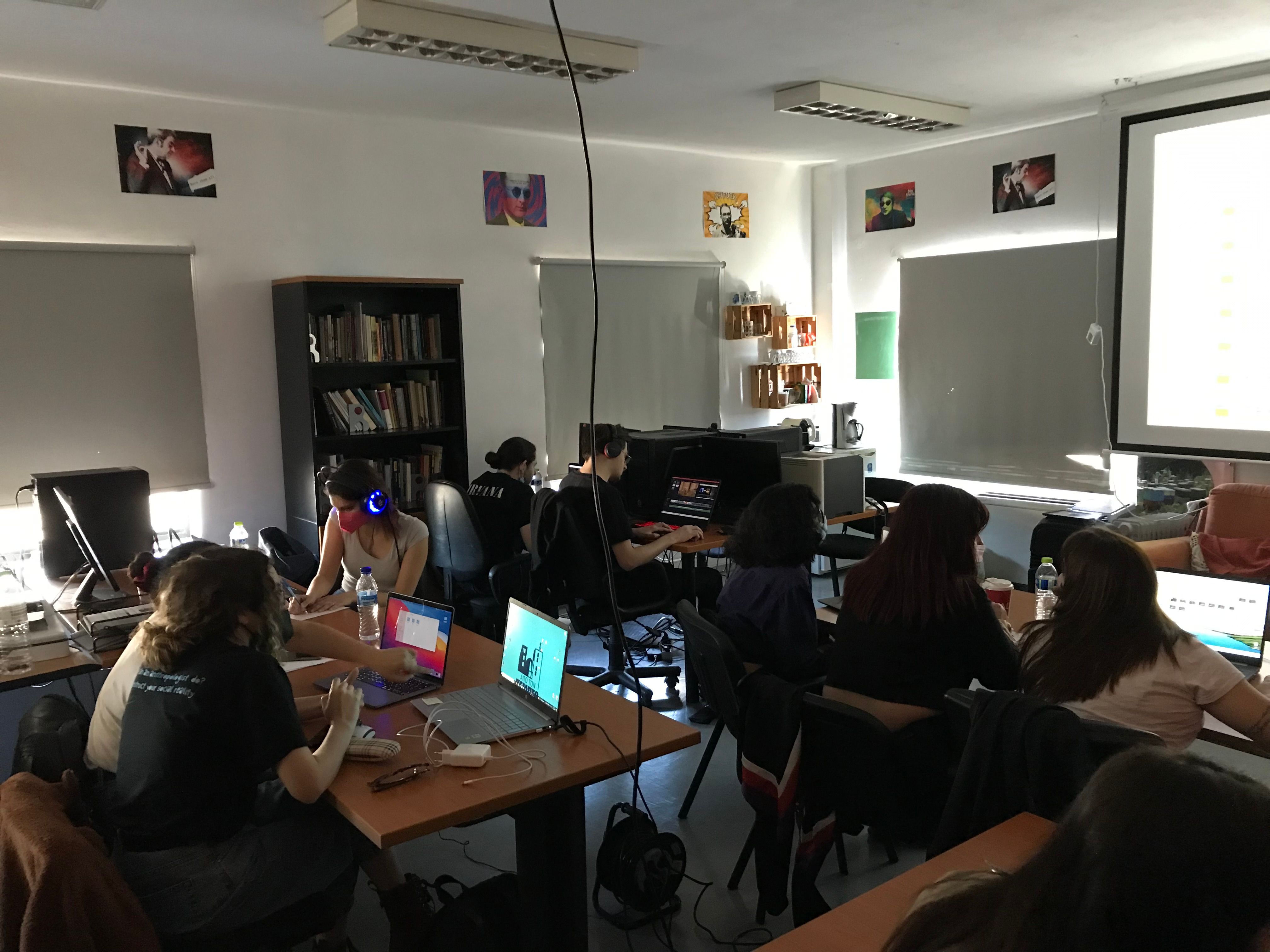Welcome to The Experimental Humanities Collaborative Network
The Virtual Otherwise Conference - Greek node
Porphyrogenis Foundation, Agria/Volos, Greece
This three-day international conference, centering presentations of student-produced podcasts and desktop cinema, was part of the activities of the Greek “node” of the hybrid international conference “The Virtual, Otherwise”, co-organized by the Society of Cultural Anthropology and the Society for Visual Anthropology in the U.S.
The Greek node took place at the Porphyrogenis Foundation in Agria/Volos June 2-4, 2022.
The subject of the conference was the contemporary digital world: issues of connection, surveillance, access, violence and survival related to digital technologies, practices and spaces. What are the possibilities but also the limits of the digital for ethnographic research, as well as for academic communication? The very format of the conference represents an attempt to explore these transformations in practice in creative and critical ways.
The program of the node combined screenings of prerecorded panels, keynotes and live online discussions from the main program (in the mornings) and the special interactive sessions held in-person on the site (in the afternoons).
In the special sessions, emphasis was given to presenting student multimodal works in anthropology and to experimentation with new ways of engaging publics with social research (podcasts, collective listening, desktop cinema, games, virtual musical worlds).
This event was organized by Penelope Papailias and Penny Paspali with colleagues and students from the University of Thessaly, University of Macedonia, University of the Aegean, University of Pennsylvania, and University of Toronto.
Collaborating/supporting organizations included:
- the Society for Cultural Anthropology and Society for Visual Anthropology (US)
- the Laboratory of Social Anthropology of the University of Thessaly
- Association of Social Anthropologists Greece
- The Culture-Borders-Gender/LAB, University of Macedonia
- Anthrobombing
